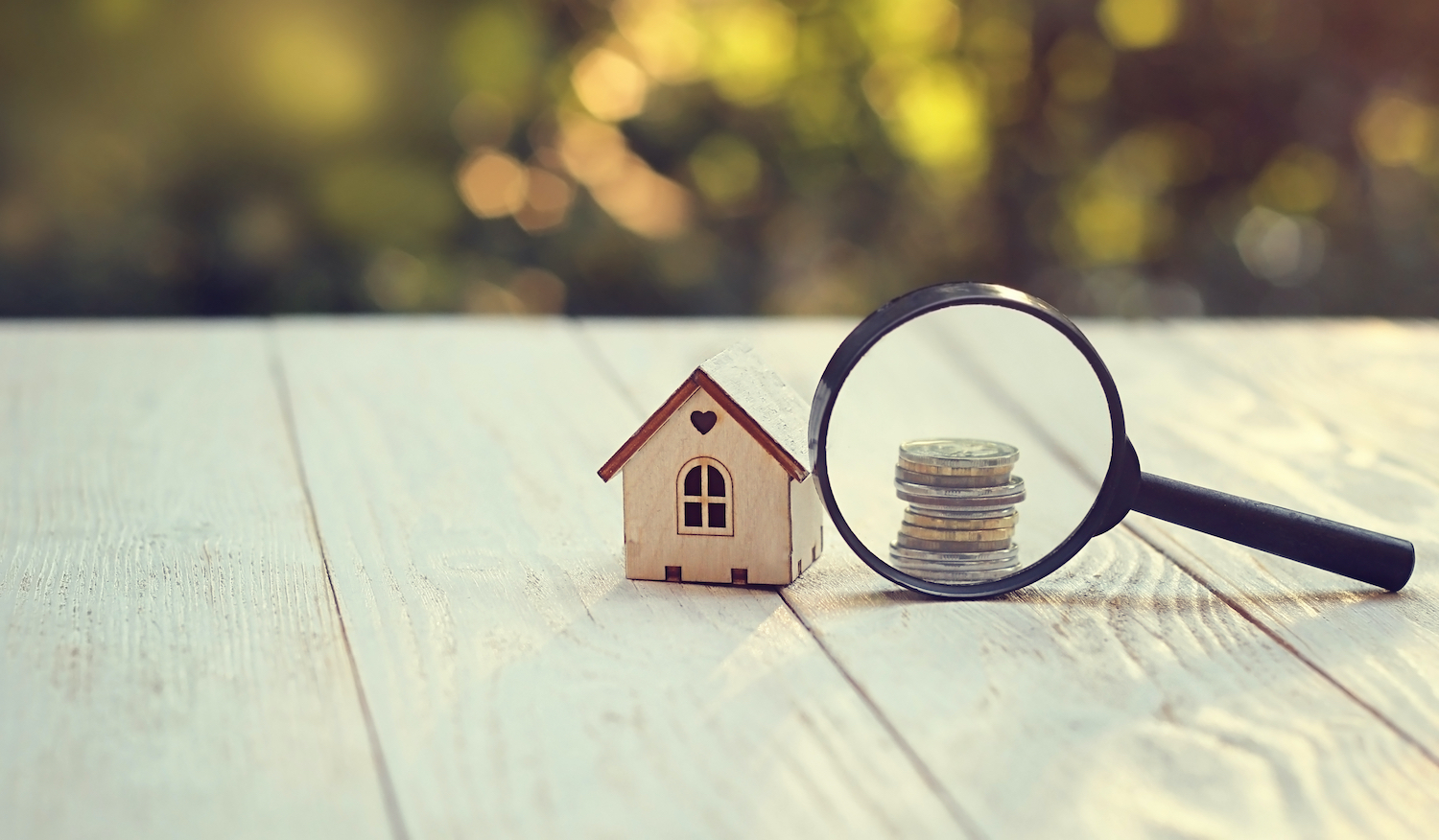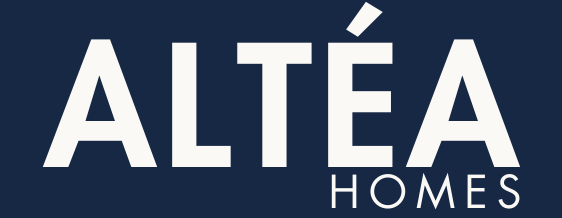
Buying a holiday home in France – understanding the diagnostics
If you are buying or selling your holiday home in France it is important that you understand the compulsory diagnostic tests that will be undertaken.
The process of buying a property in France is different to that in the UK. The buyer is well protected by French property law, including the period before contracts are exchanged and the Compromis de Vente is signed.
The good news is that the purchaser gets to see the fundamental health of his French property, which must be sold with a pack of diagnostic tests in place. This means that you are less likely to have any nasty surprises when you take possession.
This pack is not meant to replace a structural survey (which most French buyers don’t bother with), it is more akin to the log book that comes with a car.
There are two different diagnostic reports that you will see:
Diagnostique de Performance Energétique or DPE
The DPE test provides information on energy consumption, greenhouse gas emissions, levels of insulation and other factors which may affect heating bills. French law states that all properties advertised for sale should show the results of the DPE for energy consumption and CO2 emissions.
Dossier de Diagnostic Technique or DDT
The DDT includes test for:
- Lead and Asbestos: Paint is tested for lead content on all properties built before 1949, while all properties built before 1997 are tested for asbestos.
- Gas (fixed only) and Electricity: If gas or electricity was installed or renewed in the property more than 15 years prior to the property being sold, both of these installations are checked.
- Natural risk and parasites: All properties are evaluated for natural risks (for example flooding or avalanches) and also to ascertain if there are any risks posed by industry in the area. Properties in areas affected by parasites which can damage buildings, are tested to see if these parasites are present.
- Surface area: Flats and apartments, or properties which are part of a shared building, are measured to confirm exactly what surface area is included in the sale.
- Swimming pool security: If the property has a swimming pool (which is embedded in the ground by more than one meter) the security features will be tested.
- Smoke alarms: All properties are required to have a working smoke alarm.
- Sewerage: Many rural properties in France are not on mains drains and have a ‘fosse septique’ (septic tank.) If this is the case, the system will be subject to a test to ascertain whether this septic tank conforms to current norms. Where properties are connected to mains drains a certificate confirming this will have been requested from the Marie.
Most of these tests are for purchasers information only. Once you have seen the results you will be aware of any outstanding issues and will be able to factor in the associated costs of putting them right.
However, if the swimming pool is lacking security features, this will need to be rectified by the vendor prior to the sale of the property.
If there are problems uncovered by the termite test, these will need to be addressed by either the vendor or the purchaser (to be negotiated), but treatment must be initiated.
Should the test on the fosse septique highlight that the system does not conform, the purchaser of the property is obliged to have it brought up to a conforming level within a year of purchasing the property. This can involve having a new system installed and therefore will have a cost implication that you need to factor in to the purchase price.
Whether you are simply looking for someone to keep an eye on your It is best to have this survey undertaken before signing the Compromis de Vente
Structural surveys
None of these reports should be treated as a structural survey. Some international buyers of French property take comfort from having a qualified surveyor inspect the house to give a full report as to the integrity and structural soundness of the buildings.
Whether you are simply looking for someone to keep an eye on your It is best to have this survey undertaken before signing the Compromis de Vente as it can avoid disappointment and complications during purchase. Do make sure that you employ someone who has the right qualifications and professional indemnity insurance – seek an “Expert en Techniques du Bâtiment“.
An Expert en Techniques du Bâtiment is the French equivalent of the British qualification – Chartered Building Surveyor. He or she will be an independent surveyor qualified by training, examination and experienced in building pathology, construction materials, building practices or ‘règles de l’art’, French building norms or ‘DTU‘ (documents techniques unifiés), building insurance and civil procedure. It should be noted a report by an Expert will be required in legal proceedings regarding claims and disputes. Experts conform to a strict code of professional conduct and professional indemnity insurance is compulsory.
